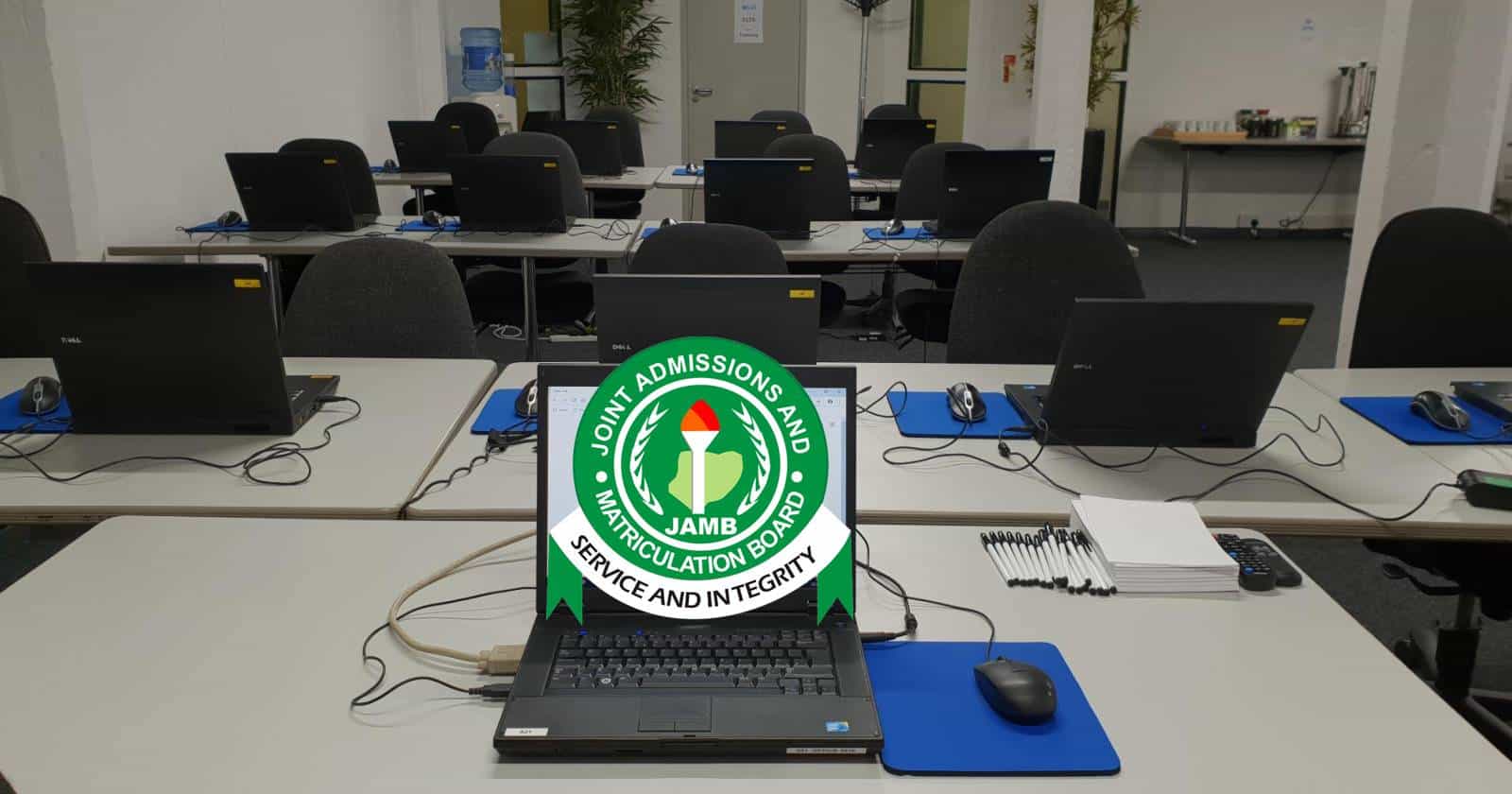
In a landmark decision aimed at levelling the playing field for candidates with disabilities, the Joint Admissions and Matriculation Board (JAMB) has announced crucial modifications to the Unified Tertiary Matriculation Examination (UTME) for 2024. This change reflects JAMB’s dedication to fairness and inclusivity in Nigeria’s higher education assessment procedures.
JAMB’s Progressive Step for Inclusive Education
In an enlightening update provided by Dr Fabian Benjamin, JAMB’s public communication advisor, it was revealed that diagrams, illustrations, and maps will no longer feature in exam questions tailored for candidates who are visually impaired. This significant move was disclosed during a virtual meeting with education commissioners across the nation.
Addressing the Needs of Candidates with Disabilities
Prof Is-haq Oloyede, the Registrar of JAMB, in his virtual address, emphasised the board’s proactive strategy to eliminate any disadvantage for blind candidates. The questions, though devoid of visual elements, will retain the same level of difficulty as those for other candidates, ensuring a balanced assessment for all.
Broadening the Horizon of UTME’s Inclusive Policies
The Registrar also shed light on the broader spectrum of disabilities that require attention in the UTME’s framework. The board recognises the need to cater to candidates with disabilities beyond visual and hearing impairments. These include, but are not limited to, Down Syndrome, Autism, Dyslexia, and Attention Deficit Hyperactivity Disorder (ADHD).
Similar Posts:
Resolution from the National Conference
This development aligns with the resolutions from the recent “National Conference on Equal Opportunity of Access to Higher Education in Nigeria”, where discussions centred on enhancing access to education for all. JAMB’s Equal Opportunity Group (JEOG), which has been instrumental in addressing the educational challenges faced by candidates with disabilities, orchestrated the conference.
Ensuring Equal Educational Access
These tailored provisions by JAMB signify a step towards inclusive education in Nigeria, ensuring that all candidates, regardless of their disabilities, receive equal opportunities to succeed in their academic pursuits.
As you, a stakeholder in the educational sector, reflect on these advancements, it’s clear that JAMB’s commitment to inclusivity is not only commendable but also a crucial driver for societal progress. The measures implemented for the UTME 2024 stand as a testament to JAMB’s resolve to uphold equal access and fairness in higher education.



